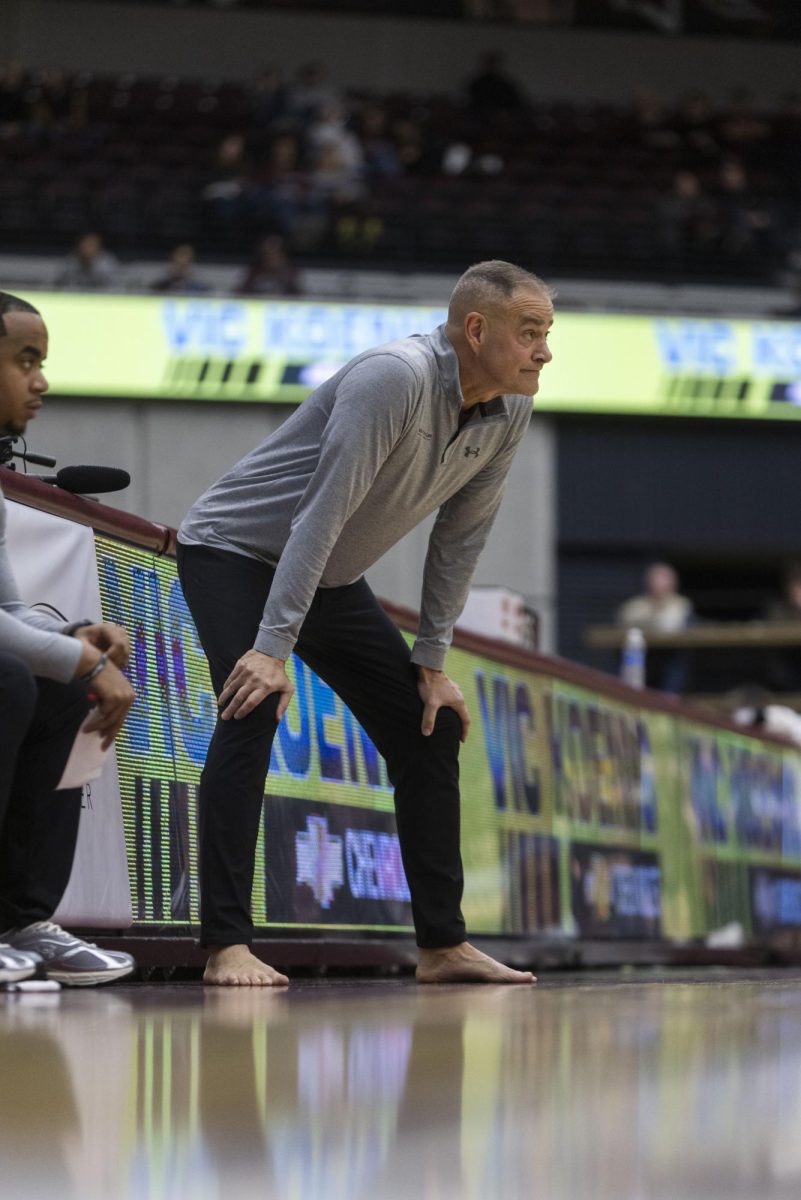Creative thinking drives Agricultural Sciences amidst budget cuts
November 23, 2015
The College of Agricultural Sciences is digging for new ways to manage budget cuts.
Nearly $167,000 was cut from the college’s budget, but Mickey Latour, dean of the college, said, the college is also experiencing cuts from University Farms and the Soybean Center.
While the main cut of 2.8 percent is nonrecurring, University Farms and the Soybean Center are undergoing 10 percent cuts that will be applied each fiscal year.
Advertisement
Latour said the $167,000 cut is comprised of two factors.
The college is compensating with unused salary dollars for this fiscal year to appropriate for the cut. Latour said rather than setting aside salaries for a specific professor or staff positions, salaries are compiled together in one large salary compilation fund.
Traditionally having two associate deans, the college now only has one and Associate Dean Karen Midden has taken on both positions in addition to teaching courses. As she said, it’s not usual for faculty on campus to serve in three roles.
The college has also shifted aspects covered in state cuts to local funds that the college has.
A cut of more than $19,400 to the Soybean Center was state-allocated graduate assistantship money, but instead of reducing the number of graduate assistantships, the college used funds from other accounts to cover those costs. According to Latour, the college cannot keep shifting these costs indefinitely and other solutions will have to be made in the future.
Latour said one of the hardest factors in dealing with the budget cuts is working on a year by year basis instead of knowing cuts that will happen over a long-term period.
“Illinois didn’t get in this situation overnight, and I think getting out of it in one step is difficult, too,” Latour said. “Let’s talk about a four-year pathway. I think it’s reasonable. Let’s talk about how would we do this over a four-year period.”
Advertisement*
To compensate for the cuts at University Farms, the college has used money from some of their local accounts; however, by using their other accounts, the college now lacks the funds to cover equipment upgrades or other purchases.
As Midden said, the college has carefully watched its spending. In one instance, University Farms and five researchers split the cost for equipment repairs that needed to be made at the farm instead of just the farm paying for the costs as was the case in the past.
By assisting with costs for repairs, though, the researchers have less money to use on their grants. Many times, though, the researchers need to use equipment to conduct their projects.
“We’re being cautious, but we are looking at alternatives,” Midden said. “How else can we be creative and stay sustainable?”
Just one of the methods the college is using to help combat cuts, Agricultural Sciences is working with a a company known as Scott Pet, Inc. to develop dog treats, which will be known as Saluki Treats. Both the college and Scott Pet, Inc. would share the revenue generated from sales. In addition to dog food, the college is attempting to create Saluki Bratwurst with a company.
“We’re looking at ways in which we can bridge hands-on academics and it have an entrepreneurial flavor,” Latour said.
Midden said the college is considering selling compost in the future as well.
“None of these things will make us rich, but … our students will be involved, it’s educational, it’s part of our sustainable farm, and it might generate some income,” Midden said. “It may not do more than pay for the student workers out there but it’s still paying for them to gain that experience.”
Cory Ray can be reached at 536-3326 or at [email protected]
Advertisement








